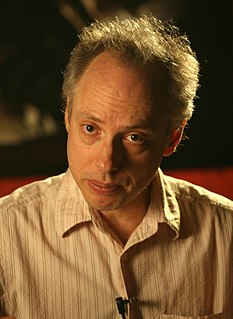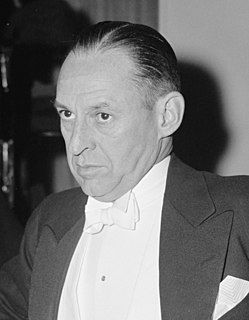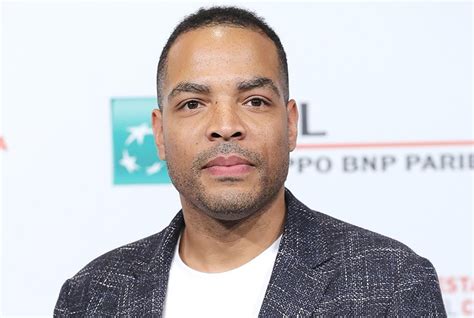A Quote by Todd Solondz
Art has a smaller audience than, say, movies or other forms of mass consumption. But that doesn't mean the work doesn't have an impact in a way that transcends just a few cultural arbiters.
Related Quotes
I don't really believe in political art. I feel in my heart the purpose of art transcends cultural and class and politics. I think something like the Sistine Chapel is something that goes beyond just being a Christian thing. It transcends its Christianity and becomes sort of a universal beauty. And I think that's true of music and art and literature.
As mass production has to be accompanied by mass consumption, mass consumption, in turn, implies a distribution of wealth ... to provide men with buying power. ... Instead of achieving that kind of distribution, a giant suction pump had by 1929-30 drawn into a few hands an increasing portion of currently produced wealth. ... The other fellows could stay in the game only by borrowing. When their credit ran out, the game stopped.
The complete and definitive work of art is created beyond one's individuality... ...The universal transcends such a level. Mere spontaneity has never created a work of art which possesses a lasting cultural value. The method leading to universal form is based upon calculations of measure and number.
The Second Wave Society is industrial and based on mass production, mass distribution, mass consumption, mass education, mass media, mass recreation, mass entertainment, and weapons of mass destruction. You combine those things with standardization, centralization, concentration, and synchronization, and you wind up with a style of organization we call bureaucracy.
In Europe, where we have all these different forms of financing and cultural funds and systems like that, it's a good mixture of supporting artists to make movies. But, on the other side, everyone still wants to make money making movies. Again, even in the European film business, it's expensive to make movies.
Now the time comes that I decided I only will do art films, basically. In a way, very similar to Isabella Rossellini. I prefer to work only with people like Lars von Trier or Guy Maddin or Gus Van Sant, just to name a few. But also there's bills to pay, and sometimes you have to make a movie. So my decision from now on is art movies, or movies which are commercial, but for real money. That is my decision.
Poetry is a way of being alone without feeling alone. It allows you to experience another mind, I suppose. And it does that more fully than other art forms, I think. It doesn't simply describe an experience, or a feeling, or a moment: it evokes it through, say, rhythm or tone or diction or metaphor. It creates a mood. A poem communicates before it is understood; it's not a fully paraphrasable form, which distinguishes it from other forms of writing.






































